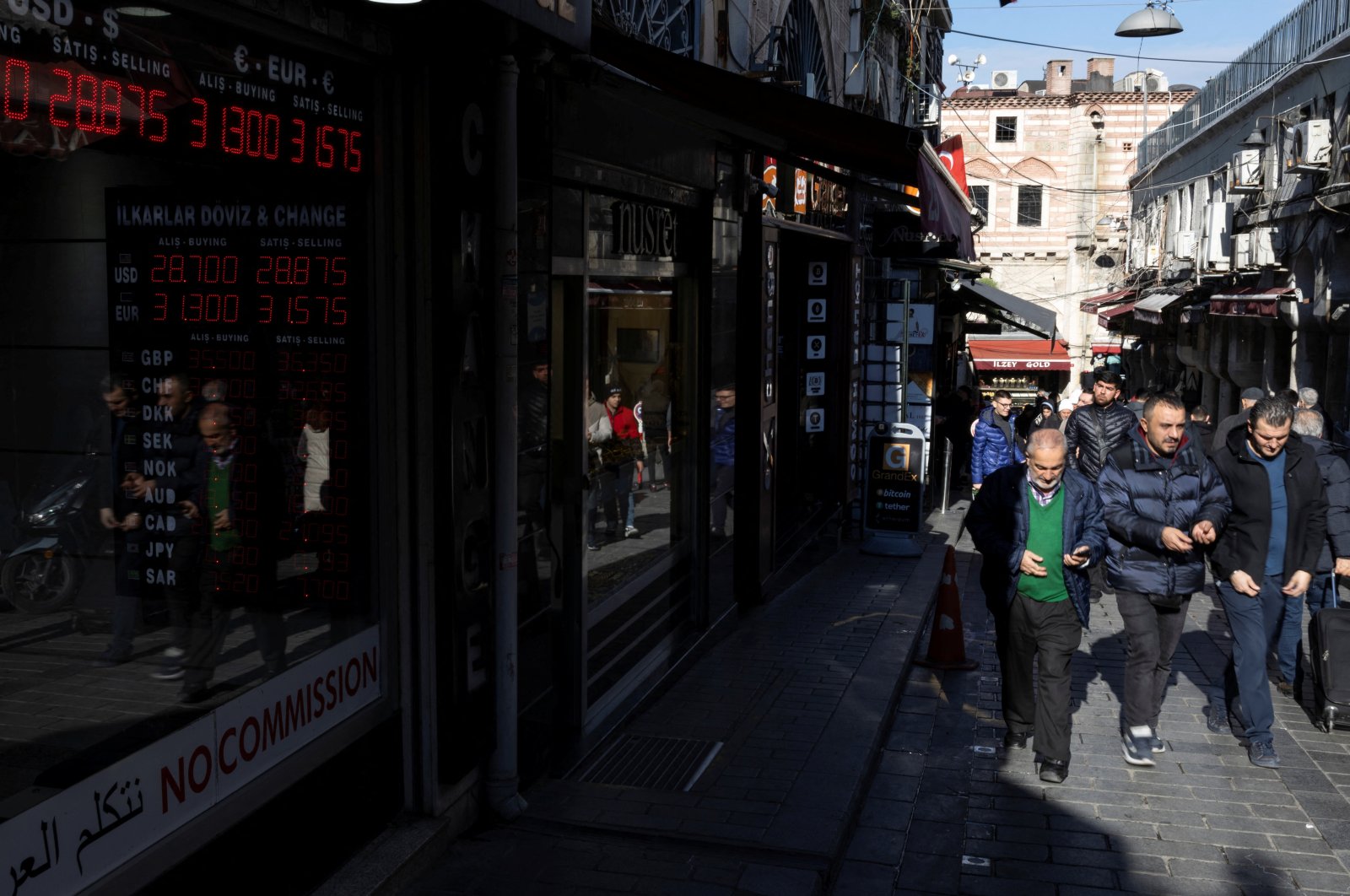Gozde Kural on Dark Fairytale ‘Cinema Jazireh,’ Rejected by Turkey’s Ministry of Culture – and the Power of ‘Titanic’
Turkey’s Ministry of Culture and Tourism withdrew its support for Gözde Kural’s drama “Cinema Jazireh” after watching it.
“We fought this decision, but they rejected it. I couldn’t believe it. It’s not even about Turkey, but apparently there were still things they didn’t want to see,” the Turkish director tells Variety.
In the film – set in Afghanistan – after the massacre of her family in a Taliban raid Leyla’s trying to find her missing son. Fearing for her life, she disguises herself as a man. Soon, she meets another loner: a child, stuck in a place where boys have to dress as women. Just like Zabur, who also grew up this way.
“I was maybe 21 years old when I first landed in Afghanistan. I still remember the fear and the loneliness – it stayed with me for a long time. But this fear inspired me to create Leyla. All she encounters are ghost towns. There’s no women, no children, nothing – only men and distant sounds of violence,” says Kural.
In 2015, she shot “Dust” in Kabul.
“To be invisible in this country, you need to be a man. That was the first thing that came to my mind: A woman who disguises herself as a man, encounters a man who disguises himself as a woman. How come they ended up like this?”
“Cinema Jazireh” – competing for the Crystal Globe at Karlovy Vary Film Festival, was produced by Toz Film Production, Seven Springs Pictures and Kos Kos Films.
While developing the story, Kural was “deeply influenced” not only by what she witnessed in Afghanistan, but also by what’s been happening in Turkey.
“There are so many cases of child abuse, for example. These numbers are rising. But Turkey’s getting more conservative and more radical, so instead of addressing these issues, those in power prefer to suppress it. In the end, we are victims of the same system. We share this unhappiness.”
Leyla, with her face hidden by a fake beard and desperate to continue her journey, witnesses destruction and silence everywhere she goes. Sometimes, the only human traces left are the writings on the walls of abandoned buildings.
“If you want to express yourself in a somewhat anarchic way, it often starts with walls: In Iran, Afghanistan, Turkey or even France. I saw so many of these writings. Poems, slogans, notes. It feels so natural, this human desire to leave something behind, a little trace of yourself,” says Kural.
Looking for quirky details, she decided to approach difficult subjects “like a fairytale.”
“Nobody likes films that are didactic.”
Kural adds: “Sometimes, when you’re on the inside, you can’t spot all the nuances. You just feel rage and can’t be objective. Still, as an outsider, you also can’t afford to make any mistakes. You have to get your facts straight.”
That included a true story about James Cameron’s “Titanic” making it all the way to Afghanistan, which she’s now referencing in the movie.
“My Afghani friend, who now lives in Turkey, told me about the first Taliban era [from 1996 to 2001]. Nothing was allowed, including films, so everyone watched bootleg VHS tapes. ‘Titanic’ was a big deal,” she recalls.
“It was a big deal to me, too. The first time I saw it was the most amazing moment of my life. I watched it maybe three times, amazed at its scope. It feels almost absurd to think they were watching it there as well, just like everyone else, and it also brought them so much joy. It brought them together. Moments like these feel like resistance.”
The importance of that shared experience, a rare moment of levity for her protagonists, led to her ultimately changing the film’s title.
“Initially, it was different. It was so provocative, in fact, that the Ministry of Culture immediately called me, saying: ‘Change it’,” she says.
“I didn’t want to at first, but then I realized: it is about cinema. Cinema creates a safe space for these people: ‘Jazireh’ means ‘island’. Also, it reminds you of [Giuseppe Tornatore’s 1990 Academy Award winner] ‘Cinema Paradiso,’ although this version is hellish. In the cinema, we are all gathering in the dark. Here, this darkness can feel overwhelming.”
A “very political person,” Kural wants to continue making activist films.
“Someone has to do it,” she smiles.
“I have a weapon that allows me to talk about the world. It’s my camera, and I want to do this kind of cinema for as long as I can.”
Her next feature will be about Turkey, she says.
“It will be even more political. Again – cinema is a way of resistance. In our countries, whether it’s Turkey, Iran or Afghanistan, things seem so dire right now. But if we lose hope, we’ll lose everything. We must keep looking for it.”

“Cinema Jazireh”


